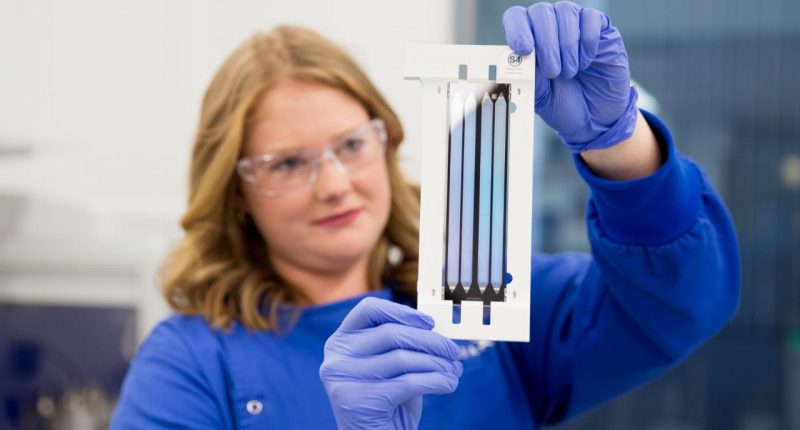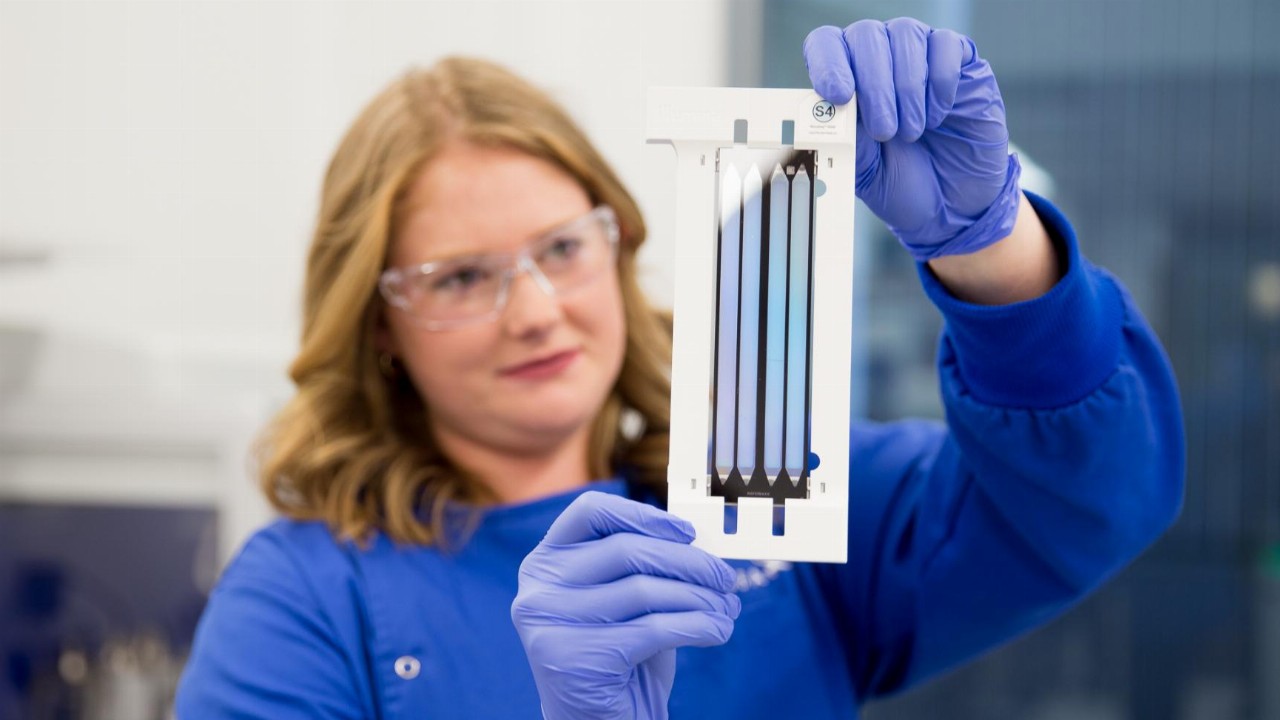- Microba Life Sciences (MAP) identifies three therapeutic leads for its immuno-oncology program significantly earlier than expected
- The discovery brings forward the company’s preclinical animal studies to the end of 2022, 12 months earlier than expected
- The company’s partnership with the Garvan Institute of Medical Research helps save Microba over US$1 million (A$1.38 million) of expenditure on discovery activities which were scheduled to take place over the next 18 months under the ORBIT-m study
- MAP shares are down four per cent, trading at 36 cents
Microba Life Sciences (MAP) has identified three therapeutic leads for its immuno-oncology program significantly earlier than expected.
This brings forward the company’s preclinical animal studies to the end of 2022, 12 months earlier than expected.
The new therapeutic leads that will be trialled in pre-clinical models later this year have been discovered through a recently completed, comprehensive meta-analysis of newly available data with Microba’s proprietary MCP microbiome profiling technology.
Microba CEO Dr Luke Reid commented that the discovery “advances [the company’s] timelines for the program”.
“Developing an effective adjuvant therapy for cancer patients receiving immune checkpoint inhibitors has the potential to impact outcomes for millions of patients globally.”
Further supporting the program is the company’s partnership and awarded grant, together with the Garvan Institute of Medical Research, targeting the collection of data on thousands of cancer patients over the coming years to establish a leading cancer microbiome dataset.
The combination of the new leads and the partnership with Garvan will enable Microba to save over US$1 million (A$1.38 million) of expenditure on discovery activities, which were scheduled to take place over the next 18 months under the ORBIT-m study.
The cancer immuno-oncology program is targeting the discovery and development of a microbiome therapy to improve response rates in cancer patients receiving immune checkpoint inhibitor (ICI) therapy.
The leading existing ICI therapies from Merck and BMS generate in excess of $20 billion
in sales per year, despite 42 to 80 per cent of patients not responding to therapy.
The company said development of an adjuvant therapy that can improve response rates to ICI therapies could have a significant impact on cancer treatment globally, and represents a substantial commercial opportunity.
Pending the results, the partnership said it will likely move on to human clinical trials.
MAP shares were down four per cent, trading at 36 cents as of 12:13 pm AEST.








